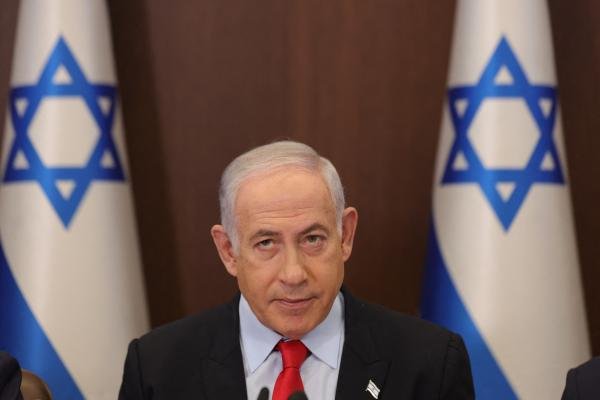Brazil President Lula’s comments comparing the situation in Gaza to the Holocaust have drawn sharp criticism from Israel. He stated that the events in Gaza were unprecedented in history and likened them to Hitler’s atrocities against the Jews during World War II. This is not the first time President Lula has spoken out against Israel’s actions in Gaza, having previously accused Israel of genocide and supported South Africa’s case against Israel at the International Court of Justice. However, this was the first time he directly equated Israel’s actions with the Holocaust, a move that has stirred controversy.
Israel’s Response:
Israeli Prime Minister Benjamin Netanyahu denounced President Lula’s remarks, stating that they crossed a red line and accusing him of being a virulent anti-Semite. Netanyahu emphasized that Israel was established as a safe haven for Jews in the aftermath of the Holocaust and that comparing its actions to such historic tragedies was unacceptable. Foreign Minister Israel Katz summoned Brazil’s ambassador to reprimand the Brazilian government for President Lula’s comments, describing them as shameful and serious. The Israeli government’s strong condemnation reflects the gravity with which President Lula’s statement was received in Israel.
Implications for Bilateral Relations:
President Lula’s Holocaust comparison has further strained relations between Israel and Brazil, which were already tense following his resumption of office in 2023. The Brazilian government’s criticism of Israel’s actions in Gaza and its support for the Palestinian cause have been sources of friction between the two countries. President Lula’s latest remarks have deepened these tensions and raised concerns about the future of bilateral relations. Brazil’s ambassador to Israel has been summoned for reprimand, indicating the seriousness with which Israel views President Lula’s comments. The diplomatic rift between the two nations underscores the challenges of navigating sensitive geopolitical issues such as the Israel-Palestine conflict.
Background of the Israel-Hamas Conflict:
The recent escalation in tensions between Israel and Hamas, the militant group that governs the Gaza Strip, was triggered by a series of events in October. Hamas militants launched an attack on southern Israel, resulting in casualties and the capture of hostages. This incident marked the beginning of a new phase of conflict between Israel and Hamas, leading to a wave of violence and bloodshed in the region. The ongoing war has claimed the lives of thousands of Palestinians, including many civilians, and caused widespread destruction and displacement.
International Response and Calls for Ceasefire:
The Israel-Hamas conflict has elicited strong condemnation from the international community, with calls for an immediate ceasefire and a return to negotiations. The United Nations and various world leaders have urged both sides to exercise restraint and work towards a peaceful resolution of the conflict. However, efforts to broker a ceasefire have been met with challenges, as both Israel and Hamas remain entrenched in their positions. The heavy toll of civilian casualties and the humanitarian crisis in Gaza have underscored the urgency of ending the violence and addressing the root causes of the conflict.
President Lula’s comparison of the Gaza conflict with the Holocaust has exacerbated tensions between Israel and Brazil, adding to existing strains in bilateral relations. Israel’s strong condemnation of President Lula’s remarks reflects the seriousness with which they were perceived in Israel. The diplomatic rift between the two nations underscores the complexities of navigating sensitive geopolitical issues such as the Israel-Palestine conflict. As the conflict in Gaza continues to unfold, the international community must redouble its efforts to achieve a ceasefire and pave the way for a lasting peace in the region.
